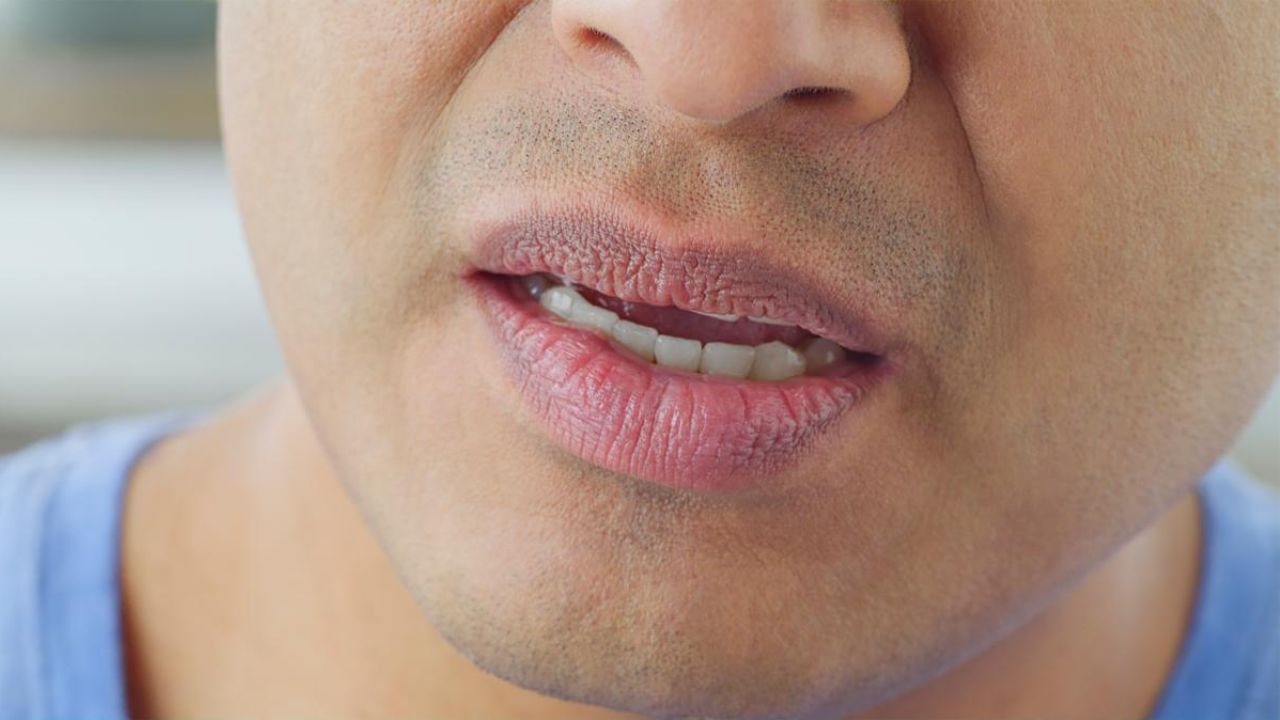Drying mouth at night can be a sign of these diseasesImage Credit Source: Simonkr/E+/Getty Images
Dry Mouth at Night: The problem of drying mouth at night is called zerostomia in medical language. This happens when saliva is reduced, which makes the mouth feel viscous. During sleep, our body makes less than normal saliva, but if this problem persists, then it can increase the problem. There can be many reasons for this, such as water scarcity, gold keeping the mouth open, more coffee or alcohol intake, side effects and hormonal changes of some medicines. Drying mouth dry for a long time can give rise to problems like declining teeth, mouth blisters and smell. Therefore, it is necessary to understand the reason behind this and to treat on time.
Along with repeated mouth drying at night, other symptoms can also appear. This includes feeling irritation or roughness on the tongue, difficulty speaking and swallowing, bursting of lips and smell in the mouth. Sometimes the ability to feel taste can also be reduced. Constant dry mouth increases the risk of infection in teeth and gums as saliva works to remove bacteria. Sore throat, excessive thirst and waking up repeatedly in sleep are also other symptoms. If these symptoms persist for a long time, then it can be a sign of a serious problem.
What diseases are a sign of drying the mouth at night?
Drying mouth at night can be a sign of many diseases. Diabetes is a common cause of this, in which there is a lack of water in the body due to increasing blood sugar level. In the problem of thyroid, saliva can also be reduced. People with sleep apnea often sleep with their mouths open, which increases this problem. Saliva glands are affected in autoimmune disease such as szograine syndrome, which can cause mouth drying problems.
In addition, dehydration, breath -related allergies or infections, and some long -lasting medicines such as antihistamins, antidepressant and blood pressure medicines can also cause this problem. If this problem is happening frequently, then timely treatment is very important.
How to rescue
Drink enough water throughout the day.
Avoid alcohol and caffeine before bedtime.
Make a habit of breathing by keeping the mouth shut.
Use a mouthwash or saliva enhancement gel before bedtime.
Use a humidifier to maintain moisture in the air in the house.
Clean the teeth and gums well.
If the problem remains, then get a checkup done with the doctor.
